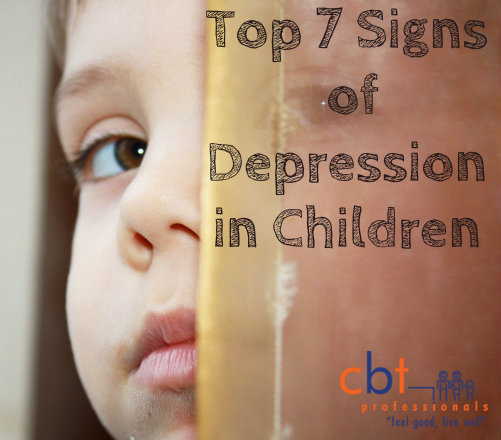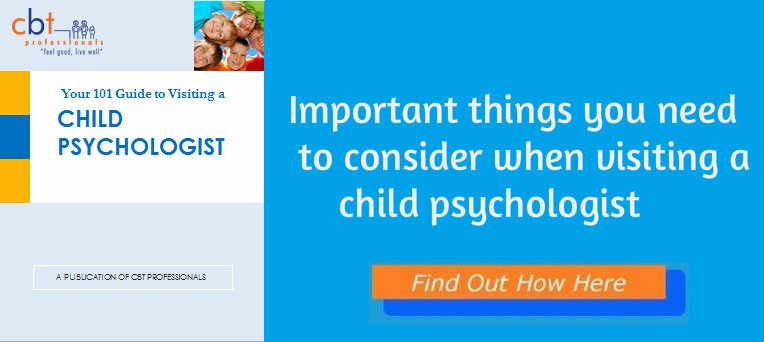Top 7 Signs of Depression in Children
Top 7 Signs of Depression in Children
“I’m fine” your child grumps at you – but you know they’re not.
So how do you know if what they are experiencing is serious or not when they don’t talk to you?! This blog will take the guessing work out of it and provide you with the top 7 signs to look out for that might suggest your child could be depressed.
Sometimes depression in children goes unnoticed. This can be due to the fact that children may not yet have developed the skills to articulate their feelings, or parents might think their child’s behaviour is age appropriate or its just them, going through a “phase”. Whilst it is every parents desire for their child to be happy all the time, unfortunately, that is sometimes not the case. Children (like adults) can at times experience feelings of sadness, hopelessness and worthlessness.
Causes of Depression in Children
Just like adults, there are a range of different factors that effect the way that children feel. Depression is a normal response to grief and loss so a pet or family member dying is likely to cause a child to feel depressed. Other loses that contribute to children feeling sad are a best friend moving away, parents separating, or the family moving house or towns.
Children may experience depression if they are bullied at school or feel rejected by their peers – this can lead to feelings of worthlessness about themselves and cause a depressed mood in children. Or a child may start to get down on themselves because they aren’t achieving at school or performing how they expected to.
So how do you spot depression in children? There are a number of behavioural changes that occur in children who are experiencing depression. Here are the top 7 behavioural signs of depression in children to look out for:
7 Signs of Depression in Children:
- Low energy and/or motivation
- Lose of interest quickly in activity that they use to enjoy
- Not wanting to spend time with friends or family
- Negative comments about themselves or the future
- Easily irritable, annoyed, upset or angry (see tips for child misbehavior)
- Changes in eating patterns (either eating too much or not enough)
- Changes in sleep patterns (either too much sleep or difficulty getting to sleep)
When to Seek Help
Remember that it is normal for people of all ages to have fluctuations in mood. Some days we are just happier than others. But if you notice these behaviour changes in your child are occurring more days than not and are persisting for more than two weeks, this is a pretty good indicator that its time to speak with your local GP or seek support from a mental health professional such as a child psychologist.
To learn more about what a child psychologist is and does, what referrals are required for child psychologists, what to tell your child before visiting a psychologist, and what to expect at your first session, please download our free guide linked here.
THREE CONVENIENT LOCATIONS
MOUNT GRAVATT
Mt Gravatt Medical PrecinctSE 105, 1808 Logan Rd
Upper Mount Gravatt QLD 4122



